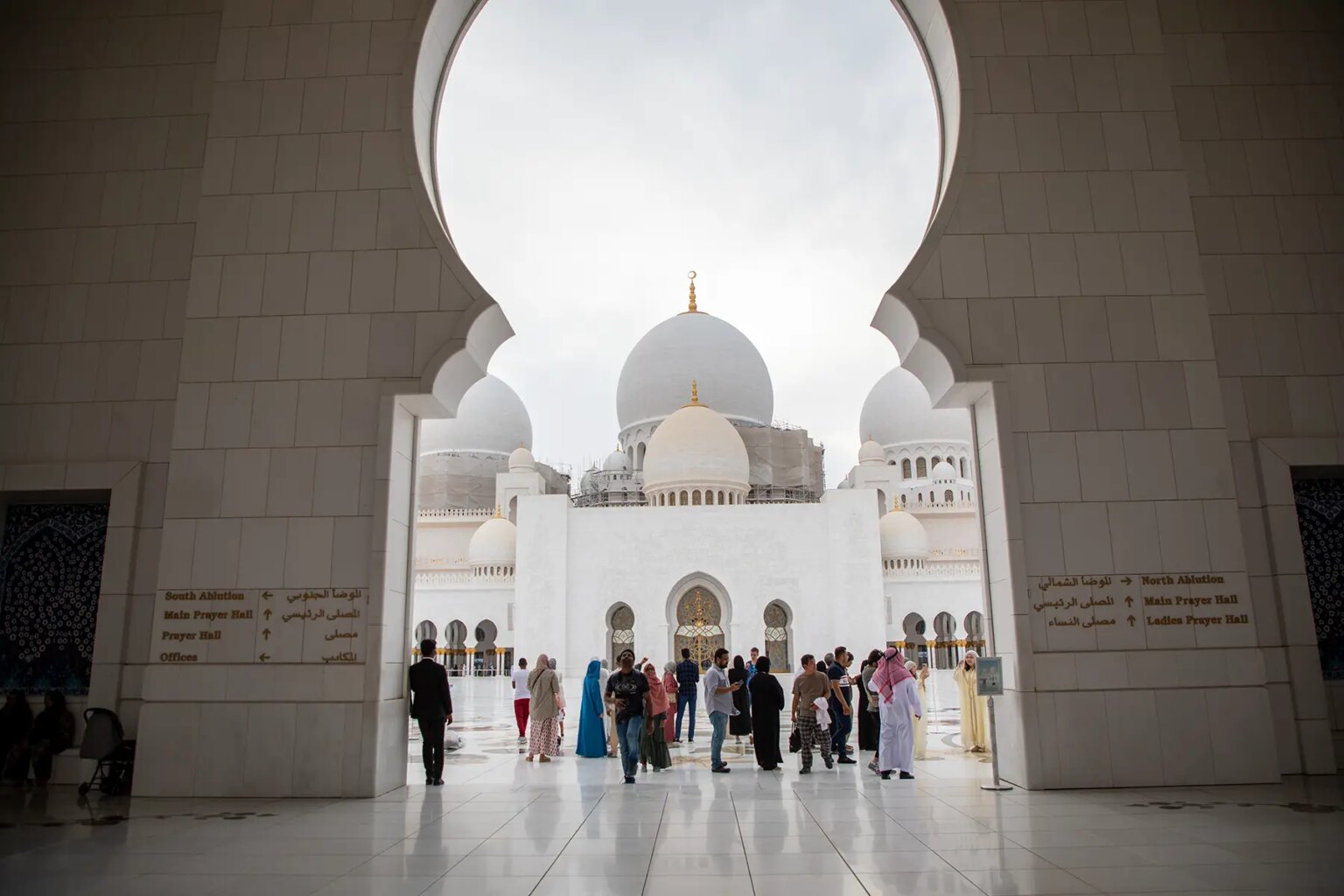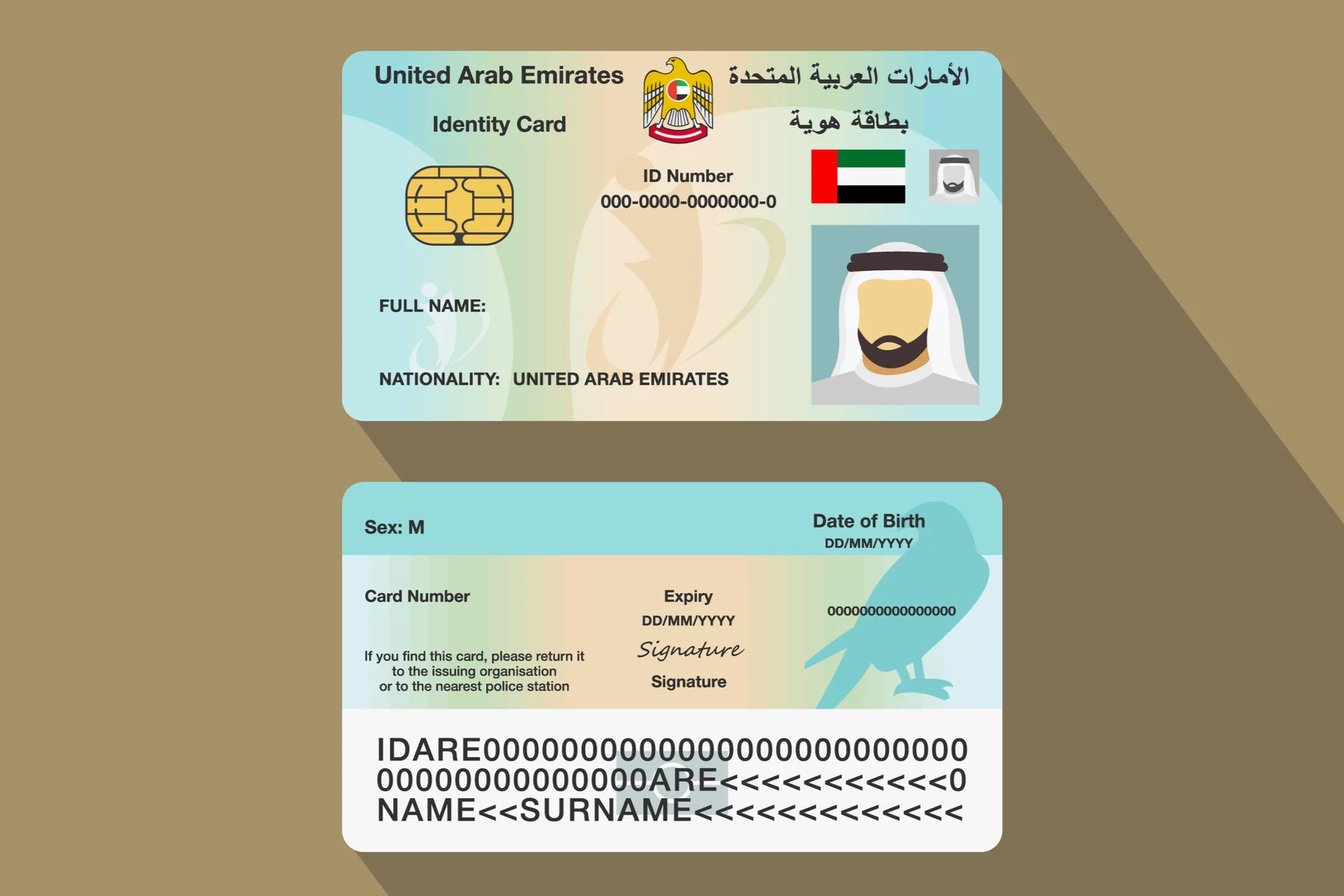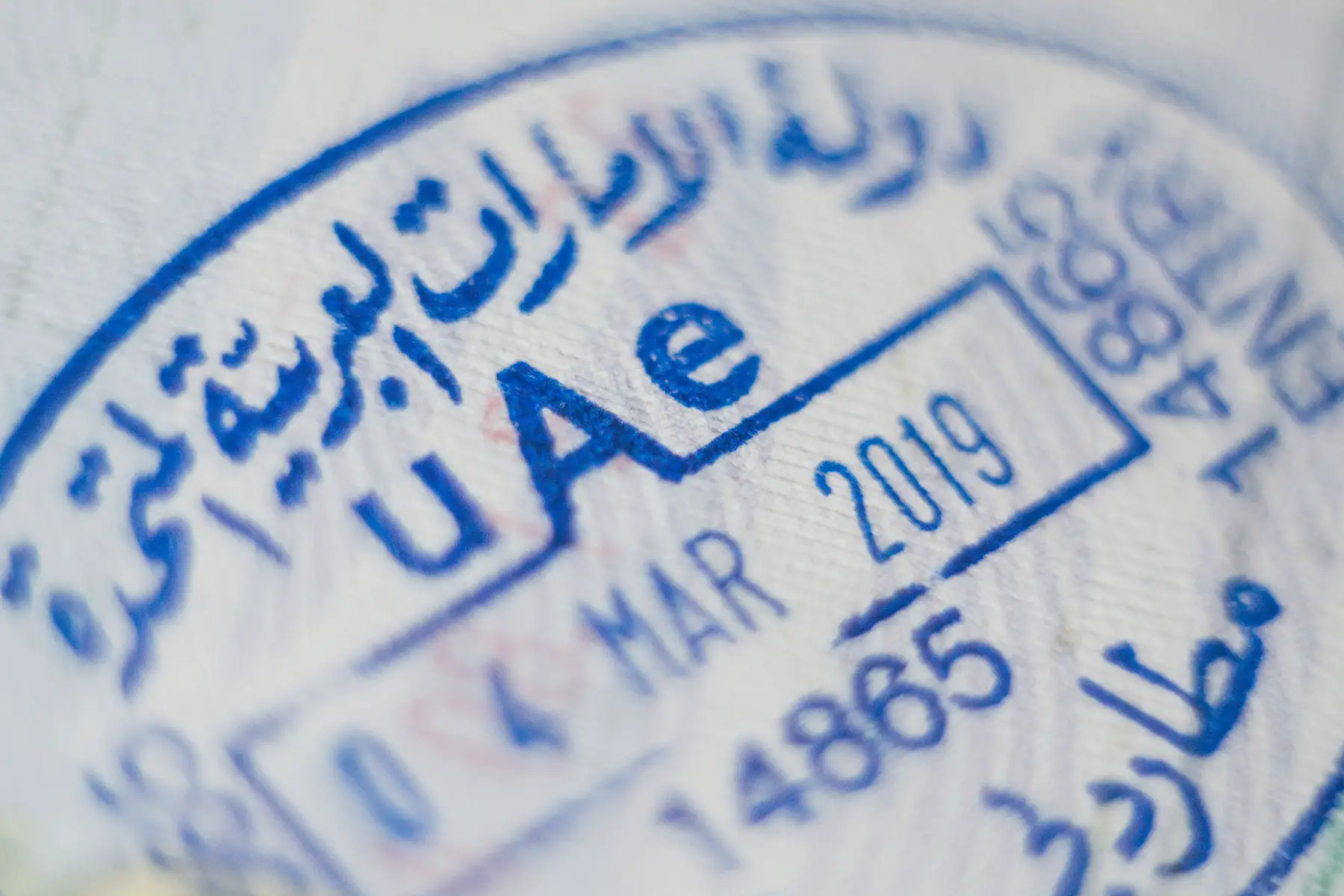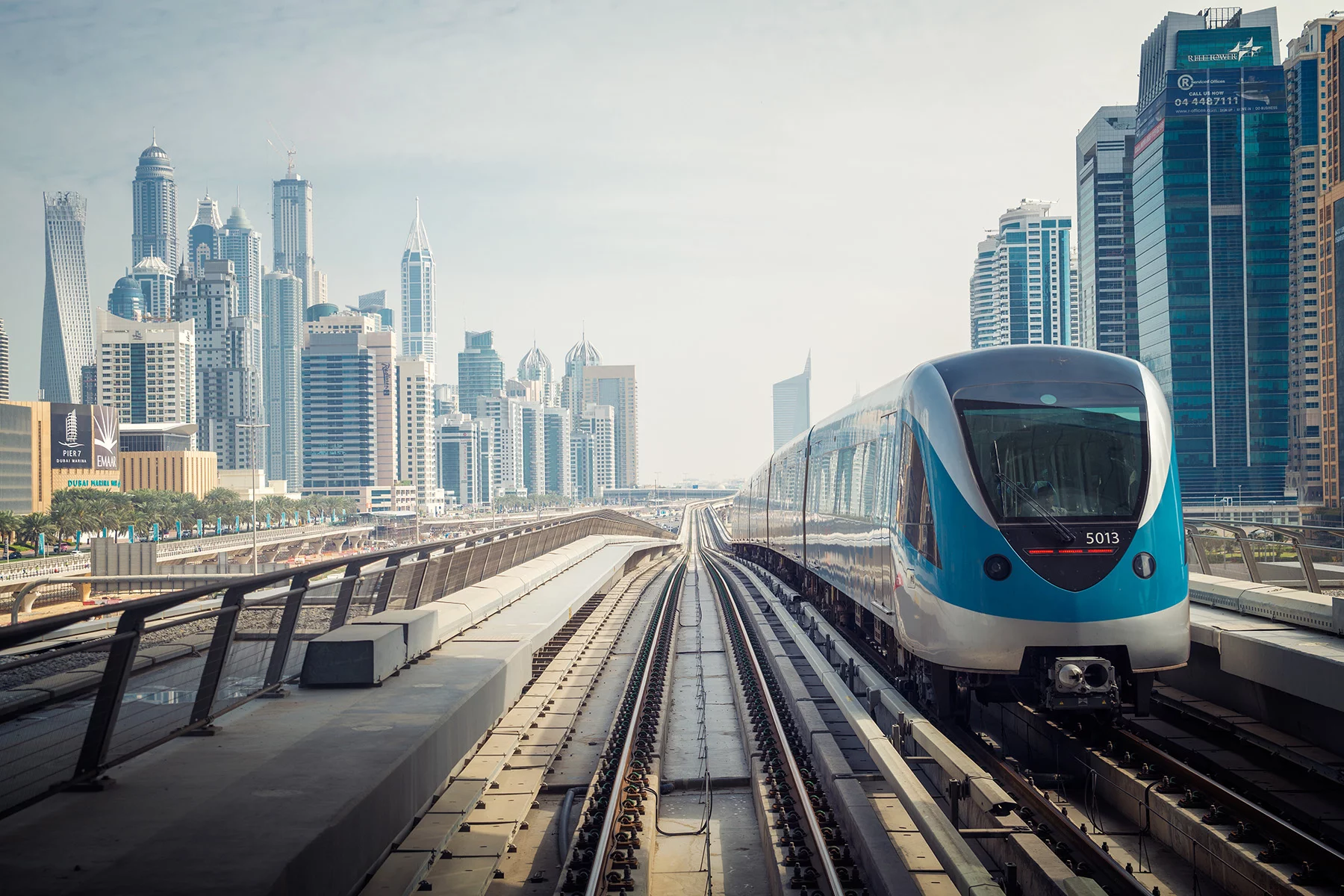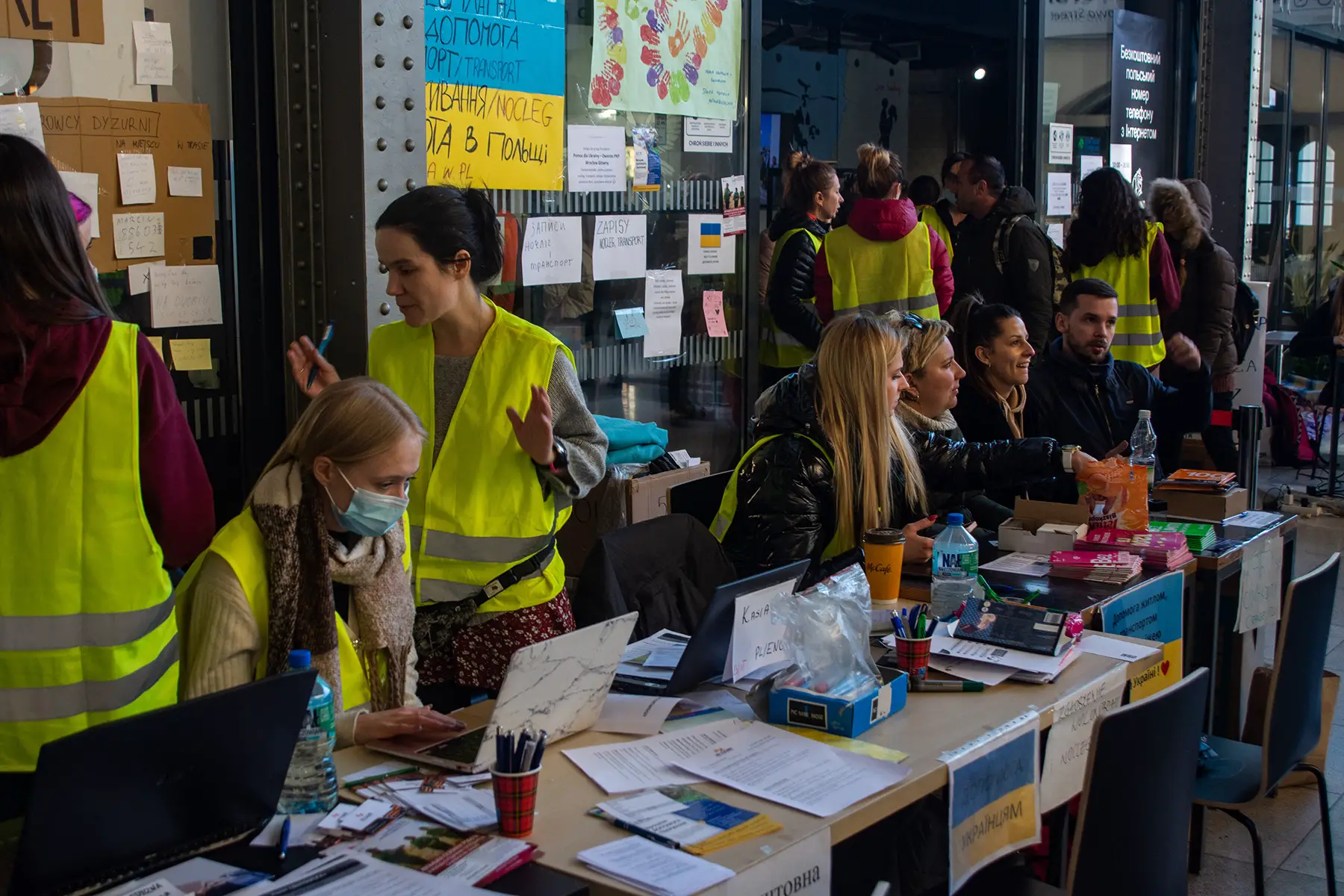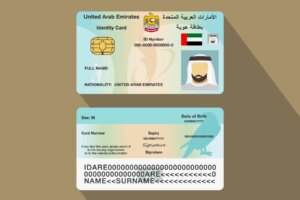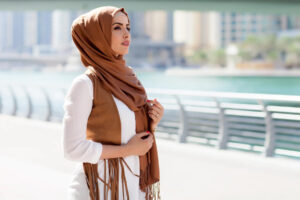For years, the international community has questioned the United Arab Emirates’ human rights record, particularly regarding women, LGBTQ+ issues, freedom of expression, the justice system, and migrant laborers. However, over the last 15 years, the country has become more inclusive by modernizing legislation and public human rights campaigns. In addition, more Emirati citizens may take part in the democratic process.
This has helped improve the UAE’s human and civil rights, but there is room for improvement. For example, LGBTQ+ rights are almost non-existent, freedom of expression is poor, and media restrictions can make reporting difficult.
- Overview of human rights in the UAE
- Civil rights in the UAE
- Political rights in the UAE
- Social and cultural rights in the UAE
- Workers’ rights in the UAE
- Women’s rights in the UAE
- LGBTQIA+ rights in the UAE
- Disability rights in the UAE
- Anti-racism and anti-discrimination legislation
- Migrant and refugee rights
- What to do if your rights are abused or restricted in the UAE
- Human rights organizations in the UAE
- Useful resources
Ground News
Get every side of the story with Ground News, the biggest source for breaking news around the world. This news aggregator lets you compare reporting on the same stories. Use data-driven media bias ratings to uncover political leanings and get the full picture. Stay informed on stories that matter with Ground News.
Overview of human rights in the UAE
Before December 1971, the seven sheikhdoms that now make up the UAE were known as the Trucial States after an 1820 treaty with Great Britain. On 2 December 1971, the UAE was founded as a federation of seven emirates, and its constitution came into effect. The country permanently adopted it in 1996.
The Constitution of the UAE explains the country’s political and legal organization and its citizens’ rights. Every citizen is entitled to equality, social justice, security, and equal opportunity. It also protects private property and guarantees social liberty.
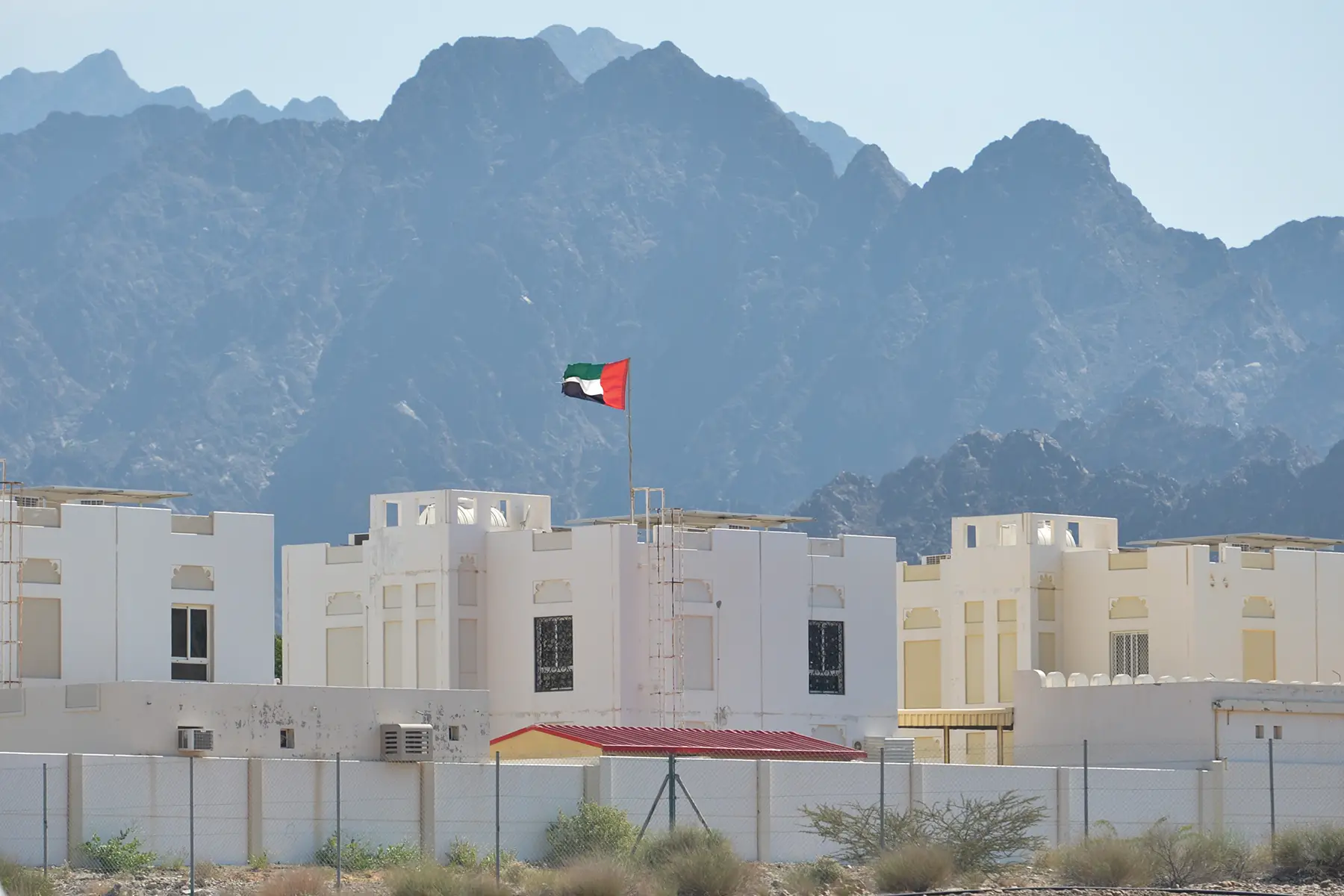
Although the constitution provides for legal rights, the country ranks relatively poorly on international indices. For instance, the Cato Institute’s 2022 Human Freedom Index (PDF) placed the UAE 127th of 165 countries. The UAE ranks sixth out of 19 MENA countries in the Human Freedom Index, behind Israel, Jordan, Kuwait, Tunisia, and Lebanon. On personal freedom, the institute ranks the UAE 153rd out of 165 and 49th for economic freedom.
Moreover, an important provision is the prohibition of torture, arbitrary arrest, and detention. The constitution includes clauses regarding equality before the law, the presumption of innocence, the right to an attorney, and personal liberty for UAE citizens but makes no provision for other residents. By law, inmates have rights that align with the United Nations Standard Minimum Rules for the Treatment of Prisoners. However, international human rights organizations have accused the country of arbitrary detentions, torture, and ill-treatment despite these provisions.
Laws to protect human rights
In addition to the constitution, several laws that provide for human rights protections in the UAE. For example, in 2006, the state passed laws to protect the human rights of people with disabilities. Officially, the UAE refers to people with disabilities as people of determination. The country extended their legal rights in 2018 with additional laws to protect the rights of people of determination in the workplace.
The UAE passed anti-discrimination legislation in 2015. This law bans discrimination based on religion, ethnic identity, caste, doctrine, color, and race but does not outlaw discrimination on the basis of sexuality.
UAE labor laws generally do not cover domestic workers. However, in 2017, the president signed a bill giving domestic workers at least one rest day per week, 30 days of paid annual leave, sick leave, and at least 12 hours of rest per day.
Labor laws now ban forced labor and discrimination based on gender, pregnancy, sex, race, color, religion, national or social origin, and disability. In 2018, the government passed an equal wages law for men and women. Women have the same access to education as men in the UAE.
The UAE’s foreign policies on human rights
In 2021, the UAE won representation on the United Nations Human Rights Council for the 2022-2024 term. Since 2002, the UAE has been covered by the OHCHR Regional Office of the Middle East and North Africa (MENA).

In 2021, the president issued a federal law establishing the National Human Rights Institution (NHRI). This is the main department responsible for the UAE’s human rights, examining how the country can adhere to international human rights conventions. It also tracks human rights abuses and reports them to the authorities. The institution follows the Paris Principles, which the UN General Assembly has adopted.
The UAE has ratified six United Nations human rights conventions. They are:
- The International Convention on the Elimination of All Forms of Racial Discrimination (1974)
- The Convention on the Rights of the Child (1997)
- The Convention on the Elimination of All Forms of Discrimination Against Women (2004)
- The Convention on the Rights of Persons with Disabilities (2010)
- The Convention Against Torture and Other Cruel, Inhuman or Degrading Treatment or Punishment (2012)
- The Optional Protocol to the Convention on the Rights of the Child on the Sale of Children, Child Prostitution, and Child Pornography (2016)
The UN’s Universal Human Rights Index has raised concerns about UAE human rights. These relate to racial discrimination, the rights of women, children, and people with disabilities, judicial independence, and human trafficking.
In the UAE, accusations of human rights violations are underreported. Other countries and human rights organizations have publicized incidents. In particular, Amnesty International and Human Rights Watch have expressed concerns about UAE human rights violations. These include the ongoing imprisonment of human rights activist Ahmed Mansoor, academic Nasser bin Ghaith, and human rights lawyer Mohammed Al-Roken on charges relating to criticizing the UAE government. Two female prisoners, Maryam al-Balushi and Amina al-Abdouli, had their sentences extended by three years after they released voice recordings relaying concerns about prison conditions.
Civil rights in the UAE
Education and employment
Despite the UAE’s low position in international rankings, Emiratis are free to pursue education and work opportunities. Every child must attend school from age six until they are 18. Education is free for Emirati citizens, but foreign-born residents must pay for their children to go to private school.
For most internationals, their employment status dictates their residency rights. However, newcomers can also start a business in the UAE, thanks to the free trade zones across the seven emirates.
Free speech and media
The UAE limits free speech and the press. Public protest is illegal, with activists and academics arrested and imprisoned under cybercrime laws for criticizing the government online. The 2022 World Press Freedom Index, which Reporters Without Borders publishes each year, ranked the UAE at 138, down from 131 in 2021.
Most UAE media outlets are owned by the government or by media companies with close ties to the government. This limits the ability of the media to hold the government to account. Until 2021, the National Media Council (NMC) monitored publications and broadcasts in the UAE and could impose sanctions. Recently, the Media Regulatory Office (MRO) has taken over most of the council’s tasks.

The MRO is responsible for licensing media outlets and registering all media professionals, including foreign correspondents. If the MRO deems content to fall short of its standards, it can revoke licenses. It can, for example, impose sanctions for criticism of the government, religion, the Emirati economy, and ruling families. The country has arrested, imprisoned, and cautioned journalists and bloggers, usually for defamation, spreading false information, or insulting the government. Media outlets tend to self-censor to avoid trouble with the MRO and the NMC.
Access to the internet is widespread, but the government frequently blocks websites that criticize the government or contain information about social taboos, such as homosexuality. The Telecommunications and Digital Government Regulatory Authority (TDRA) is responsible for internet censorship. It has restricted access to some online chat functions and Voice over Internet Protocol services.
Privacy
Laws regarding the right to privacy in the UAE include data protection laws, such as consent required for collecting and processing personal data. It is illegal to use technology to invade privacy or secretly record in-person or telephone conversations. However, there are some exceptions for instances where it is in the public interest or for carrying out legal procedures. In practice, state surveillance of private phones and computers is widespread.
Legal system, arrests, and detention
The UAE legal system combines civil and Sharia laws and draws on examples from other countries, such as Egypt and France. There is a federal judiciary, as well as courts at a local level in the seven emirates.
According to the UAE penal code, the accused is innocent until proven guilty and has the right to a fair trial. There are some exceptions to the law regarding no arrest, search, detention, or imprisonment without a warrant. This includes instances where there is a direct threat to life and property.
The Bill of Rights for the Accused includes rights to a translator for non-Arabic speakers, legal representation, and defense lawyer access to investigative papers. The authorities can hold detainees for a maximum of 48 hours without charge.
Although the UAE has signed international conventions on freedom from torture or institutional violence, the Gulf Centre for Human Rights has criticized the country. They have reported practices such as arbitrary arrest and detention, the disappearance of prisoners, and punishment for people who speak out about the use of torture in the justice system and prison conditions.
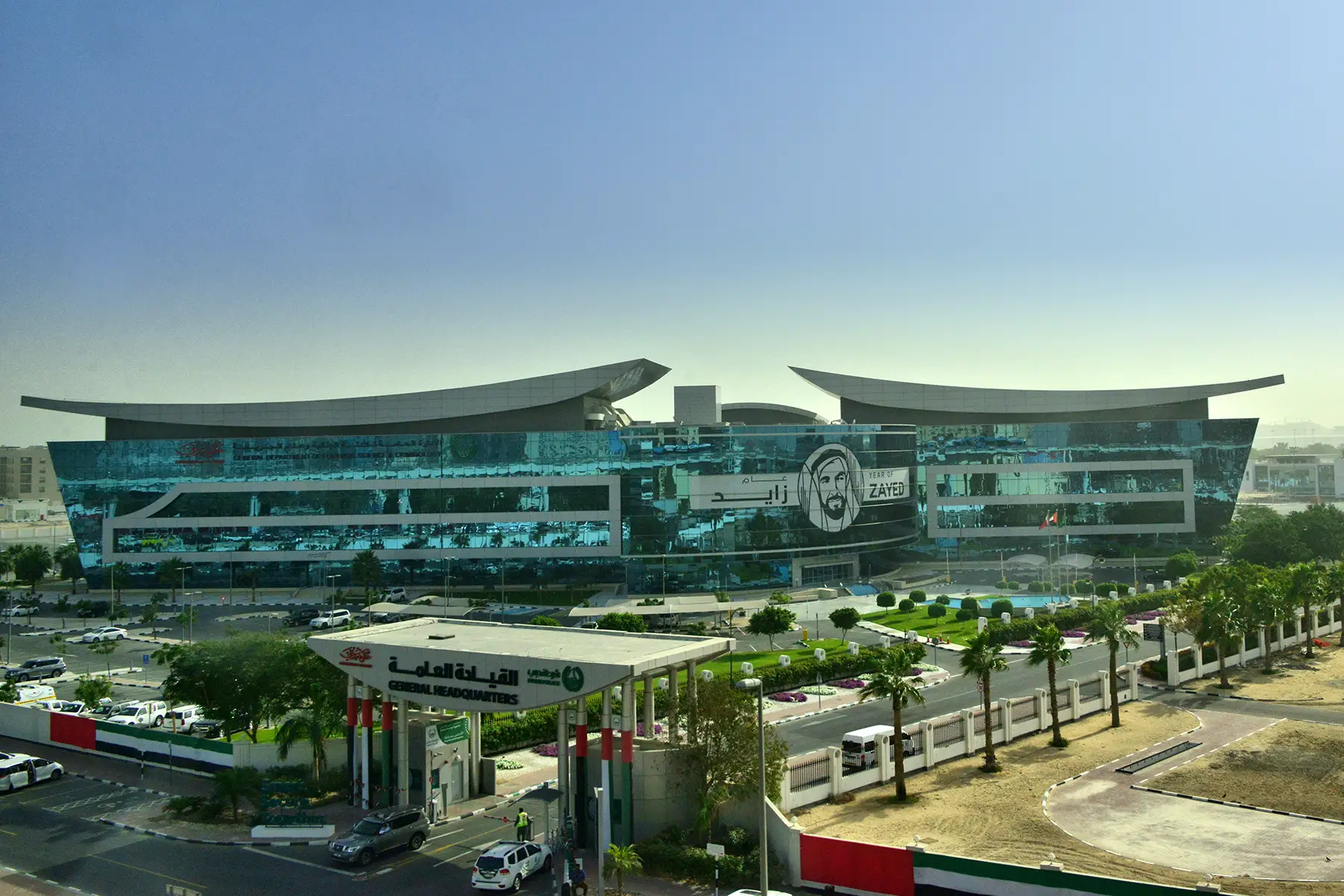
In 2018, state security arrested Matthew Hedges, a British PhD candidate, at the end of a two-week research trip to the UAE, accusing him of “spying for a foreign state.” After six months, the authorities pardoned and released him following international outrage and diplomatic pressure.
Many human rights organizations are concerned that legal rights are not always observed in practice. For example, the International Campaign for Freedom in the United Arab Emirates has condemned the UAE for incarcerating prisoners beyond their sentences.
Death sentence
Like many countries, the UAE has anti-terrorism laws aimed at countering extremism. However, Human Rights Watch has expressed concerns about the implications of UAE counter-terrorism laws, as they give an “overly broad definition of terrorism” and provide for the death penalty or life imprisonment for those sentenced.
In practice, the authorities rarely carry out the death penalty – the most recent execution was in 2017. However, death sentences can also apply to crimes such as murder, drug trafficking, arson resulting in death, homosexuality, treason, and espionage. UAE nationals and non-citizens have received death sentences.
Political rights in the UAE
The government of the UAE is led by the Federal Supreme Council (FSC). This body comprises seven sheikhs who rule each emirate. They have lawmaking powers and decide on the president. This leader then has executive authority.
While citizens have no say in the FSC, they may elect members to the Federal National Council (FNC – link in Arabic). This is an advisory board with limited powers. It examines all proposed federal legislation, suggests amendments, and questions federal ministers. It also discusses the annual budget, runs specialized sub-committees, and has a research and study unit. The Council comprises 40 members, of which the president appoints 20, while citizens eligible to vote elect the rest.
Political rights have expanded in the UAE since 2006, when 6,000 Emiratis could vote in the country’s first FNC elections. Over the years, the number of voters increased to 129,000 in 2011, 224,000 in 2015, and 338,000 in 2019. However, this is still a small proportion of the 1.15 million Emirati citizens.
Indeed, many people in the UAE cannot vote – although women and men may participate, the rulers of the emirates choose the eligible voters. Furthermore, the rules for selecting voters and candidates for election are unclear. All Emiratis who stand for election to the FNC run as independents, as there are no political parties. Furthermore, there is little tolerance for anti-government dissent or protest.
The Federal Supreme Council (FSC) and cabinet
The Federal Supreme Council (FSC) remains the highest lawmaking authority in the UAE, consisting of leaders from all seven emirates. The ruler of Abu Dhabi, the UAE’s capital, is the president. Dubai’s leader is also the vice president and prime minister. Each emirate has a hereditary leader from within the ruling families.
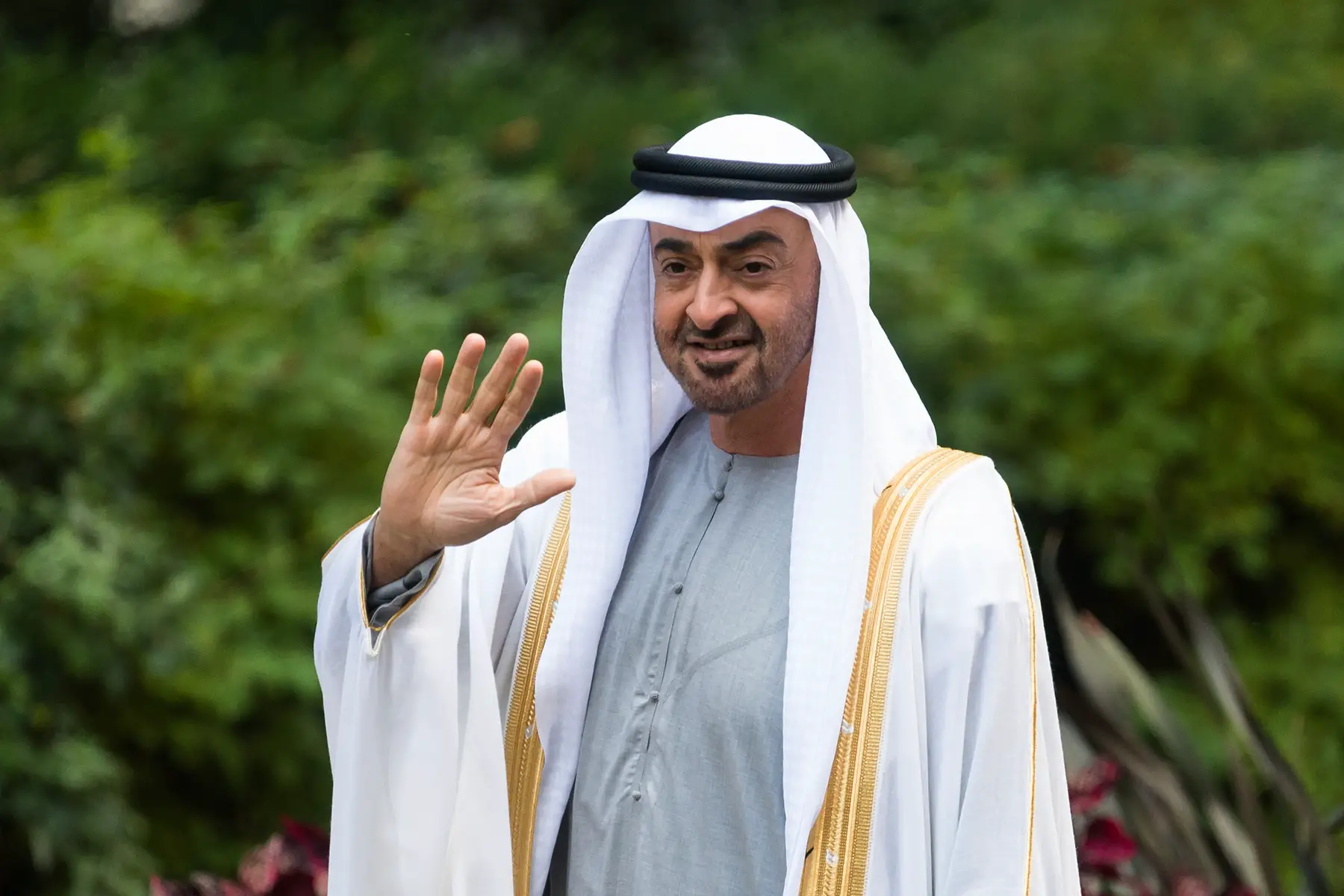
The prime minister chairs the unelected 22-member Cabinet of the UAE, also known as the Council of Ministers. It is under the supreme control of the FSC and the president. The FSC appoints all members.
Opposition to government
The illegality of political parties and restrictions on freedom of speech, assembly, and the media make it difficult to criticize the government. Those critical of the government have received harsh penalties. For example, Emirati human rights campaigner Ahmed Mansoor is serving a 10-year sentence for “publishing false information that harms national unity.” Mansoor used social media to call for the release of activist Osama al-Najjar, who received a three-year prison sentence for tweets criticizing the government. Al-Najjar was freed from prison two years after completing a three-year sentence.
The UAE has banned a range of groups and detained people, often citing counter-terrorism reasons. For example, many of the UAE-94, a group of 94 activists, have spent over a decade in prison. Some of these activists may no longer communicate with their families, and the government has stripped some of their citizenship. In addition, in 2011, a government decree dissolved the Emirates Jurist Association during a crackdown on dissent. The organization’s president now lives in the UK.
Social and cultural rights in the UAE
UAE law enshrines certain social and cultural rights through legislation. However, the rights of Emiratis differ from those of internationals. For example, while expats rent or buy property on the private market, low-income Emiratis receive land or free housing, loans, residential facilities, and home maintenance. Some expats receive accommodation or a rent allowance as part of their employment package, but this is not an inalienable right. In addition, there have been instances of low-income immigrant workers experiencing discrimination and other rights violations.
Unemployment insurance and social security benefits
In January 2023, the UAE government launched the country’s first unemployment insurance scheme for Emiratis and expats. Under this program, public and private sector employees pay AED 5–10 per month into a company insurance scheme. Unemployed workers receive a cash sum of around 50-60% of their basic salary, up to AED 20,000 per month for a limited period.
Government-funded social security programs are only available to UAE nationals. This includes a child allowance, payable for every child in a family, and assistance with childcare.
Healthcare
Healthcare is provided free to all Emiratis. Employers must, by law, provide health insurance to expat employees and their families. However, the level of coverage varies depending on which policy the employer chooses. As such, the right to healthcare does not apply equally across the UAE.
Freedom of religion
Islam is the official religion of the UAE, and Sharia principles inform much of the law. Although most people in the UAE are Sunni Islam, the constitution provides for freedom of worship for all people.
As well as mosques, there are churches and Hindu temples in the UAE, allowing people of those faiths to practice their religion. The churches cater to Roman Catholic, Church of England, Baptist, Assemblies of God, Brethren, Mormon, and Evangelical denominations. A Jewish community center led by a rabbi has opened in the UAE, and Shabbat services take place at Dubai Marina. There are also plans for a new synagogue as part of a multifaith center development in Abu Dhabi. In the Dubai neighborhood of Jumeirah, there is a small Buddhist temple in a villa.
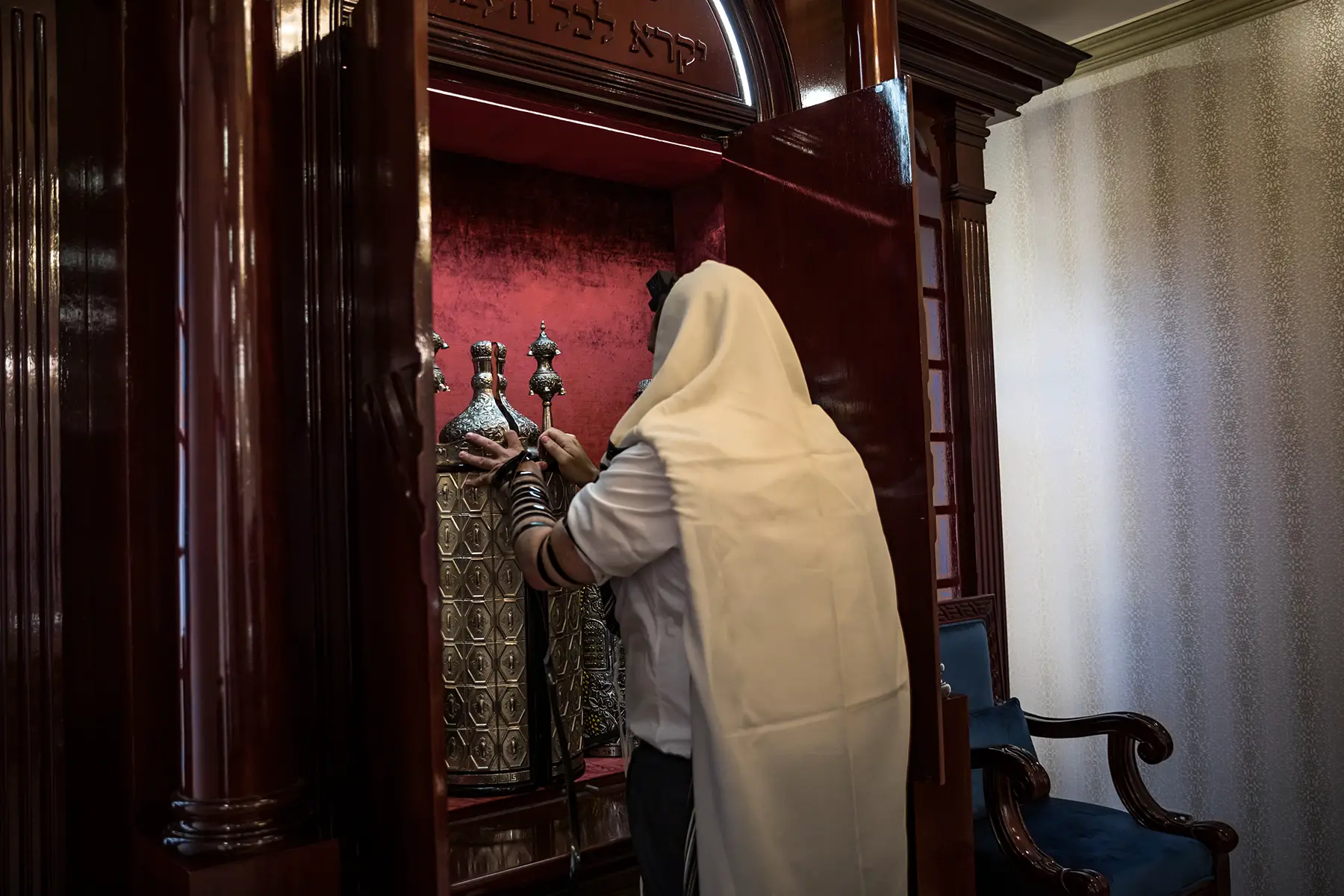
Although different groups may practice their religions, blasphemy is a criminal offense in the UAE. However, for Muslims living in the UAE, apostasy (leaving the faith) is still a crime, and non-Muslims may not attempt to convert Muslims to their religion.
Witchcraft and sorcery are illegal in the UAE. As well as penalties such as imprisonment and fines for such practices, associated items can be confiscated at the airport, and arrests made if someone tries to bring them into the UAE.
Public holidays
There are public holidays in the UAE for observing important dates in the Islamic calendar, such as Eid al-Fitr and Eid al-Adha, but not for observances of other faiths. Many people celebrate Christmas, Easter, Diwali, and other holidays, but those who wish to take a day off work usually need to apply for leave with their employer.
Workers’ rights in the UAE
Men and women have an equal right to employment in the UAE. In recent years, there have been improvements in labor laws, but there are still inequalities. Domestic workers and construction site laborers are especially at risk of discrimination and poor working conditions.
The conditions of internationals’ work visas determine their right to stay in the country. This visa gives foreign men and women the right to bring spouses and children to the UAE. The government has announced a short-term unemployment benefit for expats, but it is not an indefinite payment. In addition, unscrupulous employers who do not provide health insurance for their employees can receive penalties.
Labor laws
For many workers, labor laws and employment rights have improved in the UAE over the past decade. For example, it is now illegal for employers to discriminate against domestic workers on the grounds of sex, religion, ethnicity, political opinion, or social origin. This brings domestic workers’ rights in line with other workers. However, there is no right to unionize and no right to strike.
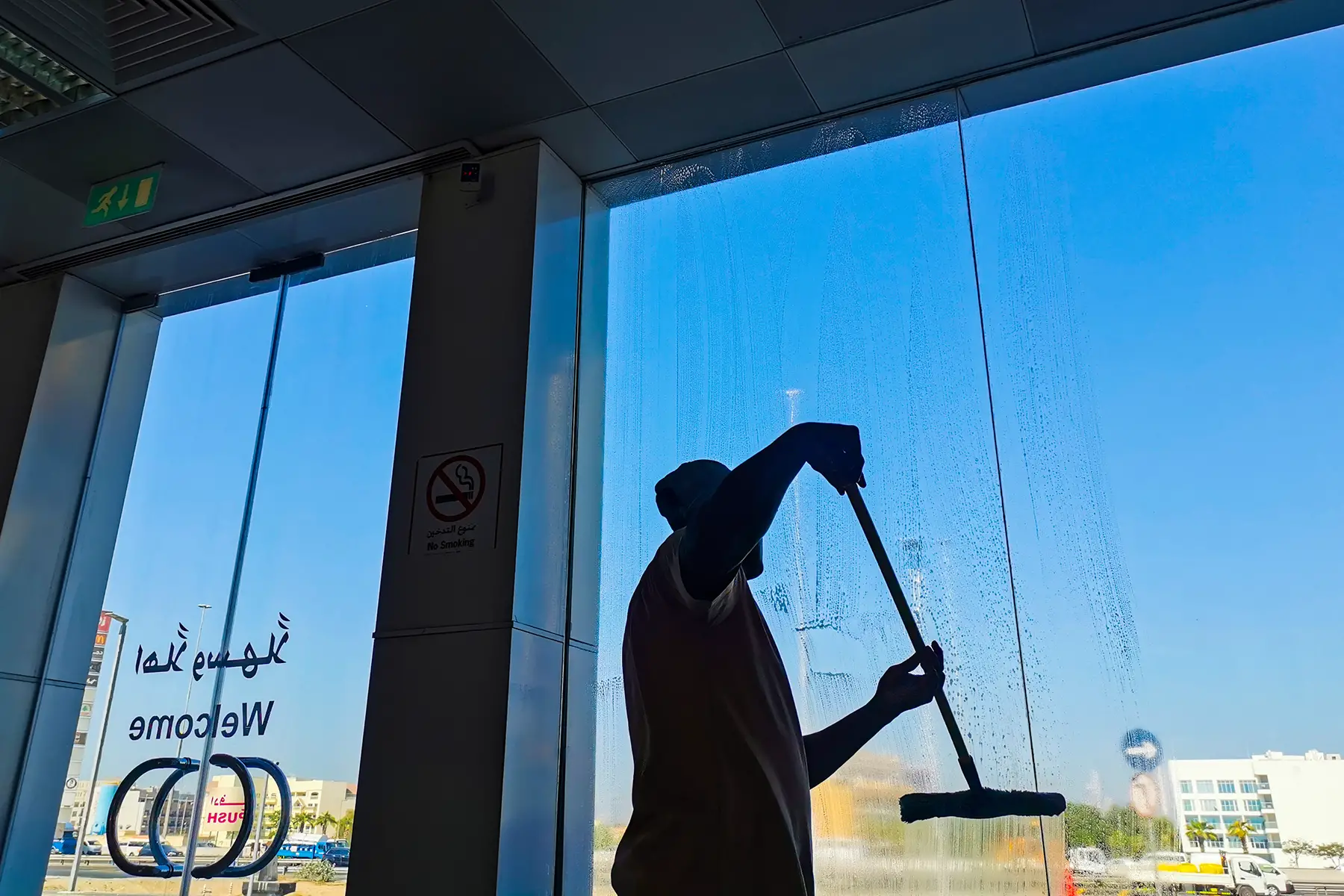
Employees who leave a job must receive an end-of-service gratuity unless they leave because of misconduct. Termination of employment without notice happens in certain circumstances. This usually happens because the employee’s position has become redundant, the company has closed, or the employer is bankrupt, insolvent, or has other financial problems. It can also occur in cases of breach of contract or misconduct.
If an employee believes they are the victim of unfair termination or there is another labor-related dispute, they can file a case with the Ministry of Human Resources and Emiratisation. If they cannot settle the dispute amicably via mediation, it can be referred to the judiciary for a legally binding decision.
Women’s rights in the UAE
Women’s rights in the UAE have improved enormously in the past couple of decades. Girls and women have equal rights to education as boys and men, and men and women have equal employment rights. It is illegal to discriminate in the workplace based on sex, and women are allowed to drive.
Access to women’s healthcare is generally good, although this depends on the level of employer-funded private health insurance for expats. Pre- and post-natal care is also usually of a high standard.
The spouse sponsorship system for internationals has been updated for gender equality. Previously, only men who met certain income and eligibility criteria could sponsor their wives and children to live with them in the UAE via their employment or business ownership. However, the law now allows women who meet the same conditions to sponsor husbands and children.
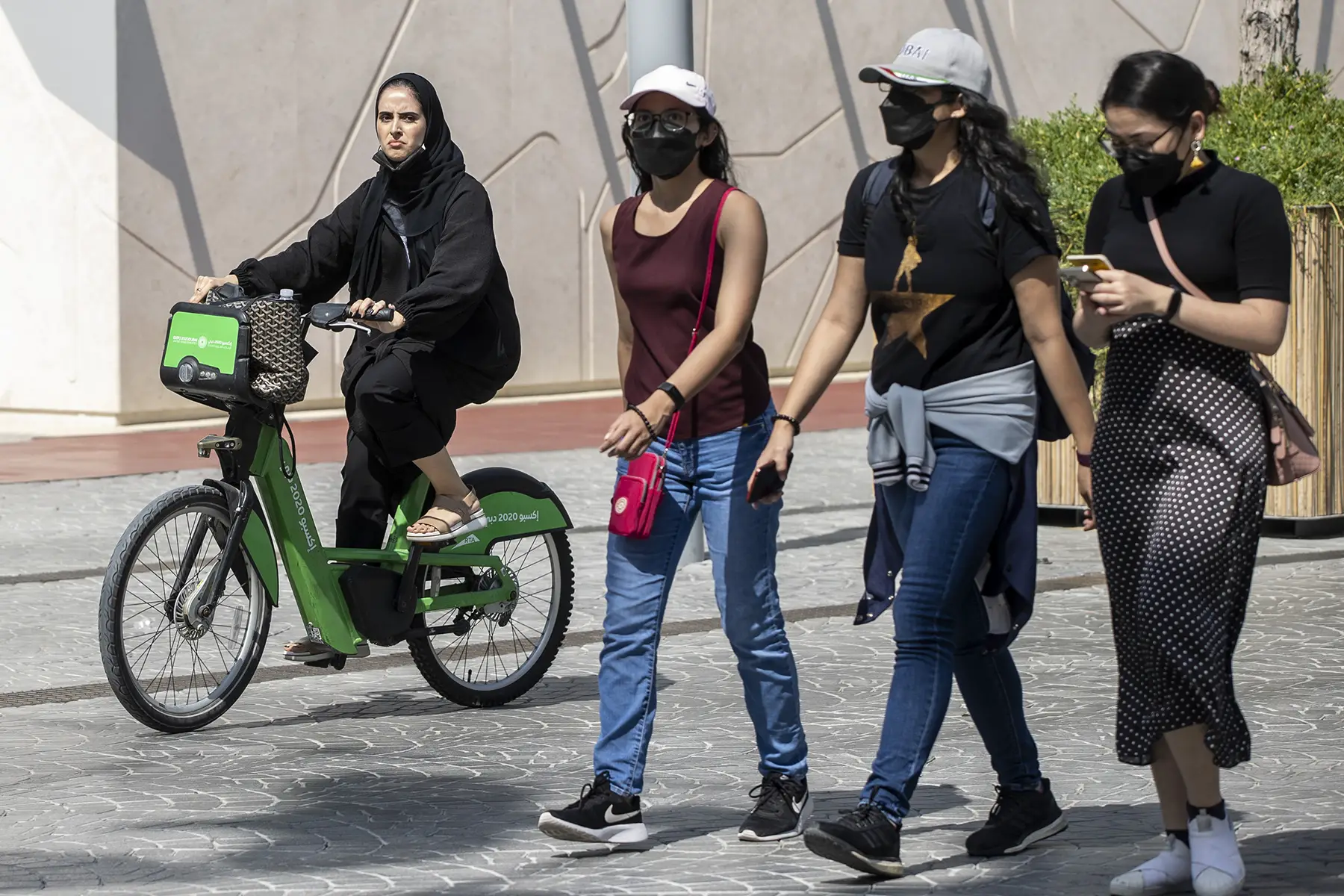
Human Rights Watch (HRW) has called for further change regarding women’s rights issues, such as criminalizing marital rape and removing the right of husbands to discipline wives physically. HRW has also called to remove any provisions for male guardianship over women and legal loopholes that allow for lesser sentences for men who kill female relatives.
LGBTQIA+ rights in the UAE
LGBTQIA+ rights are virtually non-existent in the UAE. No laws prohibit discrimination on the grounds of homosexuality, bisexuality, or being transgender. Homosexual activity between two men or two women is illegal, and there are no rights for same-sex couples to adopt children or access IVF to conceive children.
Furthermore, same-sex couples cannot get legally married in the UAE, nor are same-sex marriages recognized, even if the ceremonies took place in countries where this is legal. However, because there are no laws against two friends of the same sex sharing an apartment or villa, many same-sex couples live together discreetly in the UAE.
The death penalty is on the statute books for homosexual activity, but in practice, the usual punishment is jail time. Foreign citizens could also face deportation.
There is no right to legally change gender or access healthcare to support transitioning, such as gender reassignment surgery or counseling in the UAE. Cross-dressing is also illegal, and the authorities do not recognize non-binary genders.
Disability rights in the UAE
Disability rights have received more attention in the UAE in recent years. Most government departments refer to people with disabilities as “people of determination.” This terminology appears on facilities for people with disabilities, such as parking spaces and wheelchair ramps.
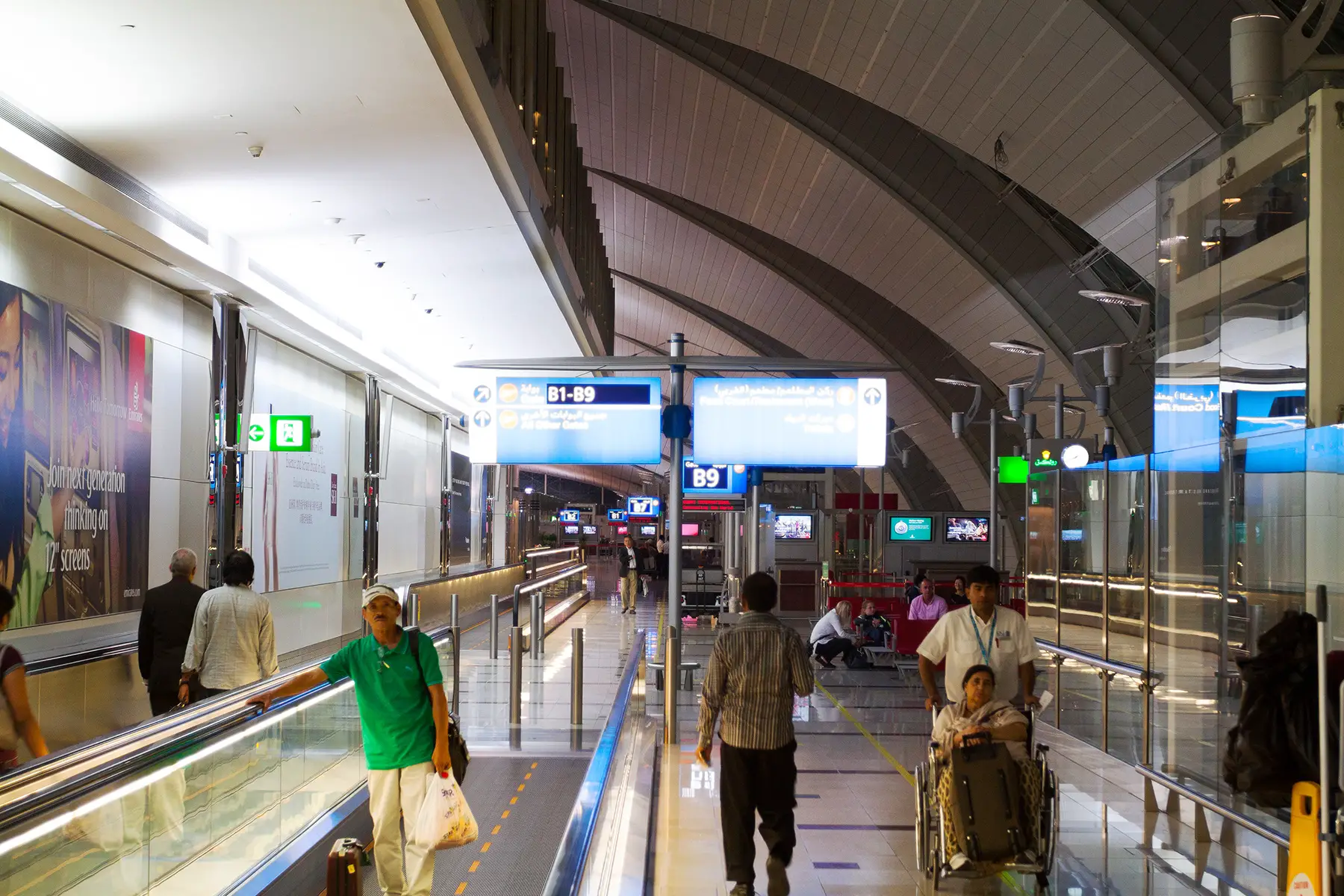
Under UAE law, discrimination on the grounds of disability is illegal. Public and private sector employers are strongly encouraged to support and accommodate people with disabilities so they can integrate into the workforce. In addition, the UAE cabinet approved a government policy aiming to preventing the abuse of people of determination. The government sponsors programs to help with rehabilitation, employment training, and creating job opportunities for people of determination. Despite these measures, people with disabilities still face many challenges in the job market.
There are also several charities, independent government organizations, and non-profits in the UAE that support people with disabilities. These include the Zayed Higher Organization for Humanitarian Care and Special Needs and SEDRA, which operates as a consultancy to help integrate children, teenagers, and adults with disabilities.
Special educational needs (SEN)
Several schools across the seven emirates cater to children with disabilities and special educational needs. They focus on ensuring children with disabilities can take part in mainstream education, encouraging schools provide disabled access and support services, such as sign language, speech therapy, and sensory rooms.
Anti-racism and anti-discrimination legislation
There are numerous pieces of anti-discrimination legislation in place in the UAE. In the workplace, UAE labor law prevents discrimination on the grounds of gender, ethnicity, religion, nationality, social origin, or disability under Article 4. Under Article 30, for example, it is illegal to terminate a woman’s employment on the grounds of pregnancy.
Previously, it was not uncommon to see jobs advertised in the UAE on the basis of the preferred candiates’ nationalities. As a result, people from some countries found it difficult to find well-paying work. Article six of the UAE Discrimination law outlawed this practice. Advertising apartments and villas for rent on the basis of nationality is also illegal, although it still happens in reality.

In 2015, an anti-discrimination/anti-hate law was issued by presidential decree. The law aims to combat discrimination against individuals and groups on the basis of religion, caste, race, skin color, and ethnicity. In practice, it is illegal to insult religion in speech, writing, or online. The law also bans events that “provoke religious hatred.” Penalties for breaking this law include fines between AED 250,000 and AED 2 million and prison sentences ranging from six months to 10 years.
Although these rules provide protections in theory, the law has come under scrutiny for its loose definition of hate speech. Ordinary social media users have received stringent punishments for actions such as criticizing the Jordanian royal family.
Migrant and refugee rights
Refugees and asylum-seekers
The UAE has no official policy for taking in refugees and asylum-seekers. However, the country generally follows a non-refoulement approach. This principle guarantees that the country will not return people to countries where they would face cruel, inhuman, or degrading treatment, torture, or other irreparable harm. In December 2018, the UAE endorsed the Global Compact for Safe, Orderly, and Regular Migration and the Global Compact on Refugees.
Refugees from a number of countries have settled in the UAE. They have the right to work and access healthcare and education.
Migrant workers
The treatment of migrant workers in the UAE has attracted international attention, especially from human rights groups. Poor employment conditions, such as low pay, long hours, unsafe workplaces, and crowded dormitory-style accommodation, have been cited as major concerns. Migrant workers in the construction industry and domestic service roles are particularly affected by these issues.
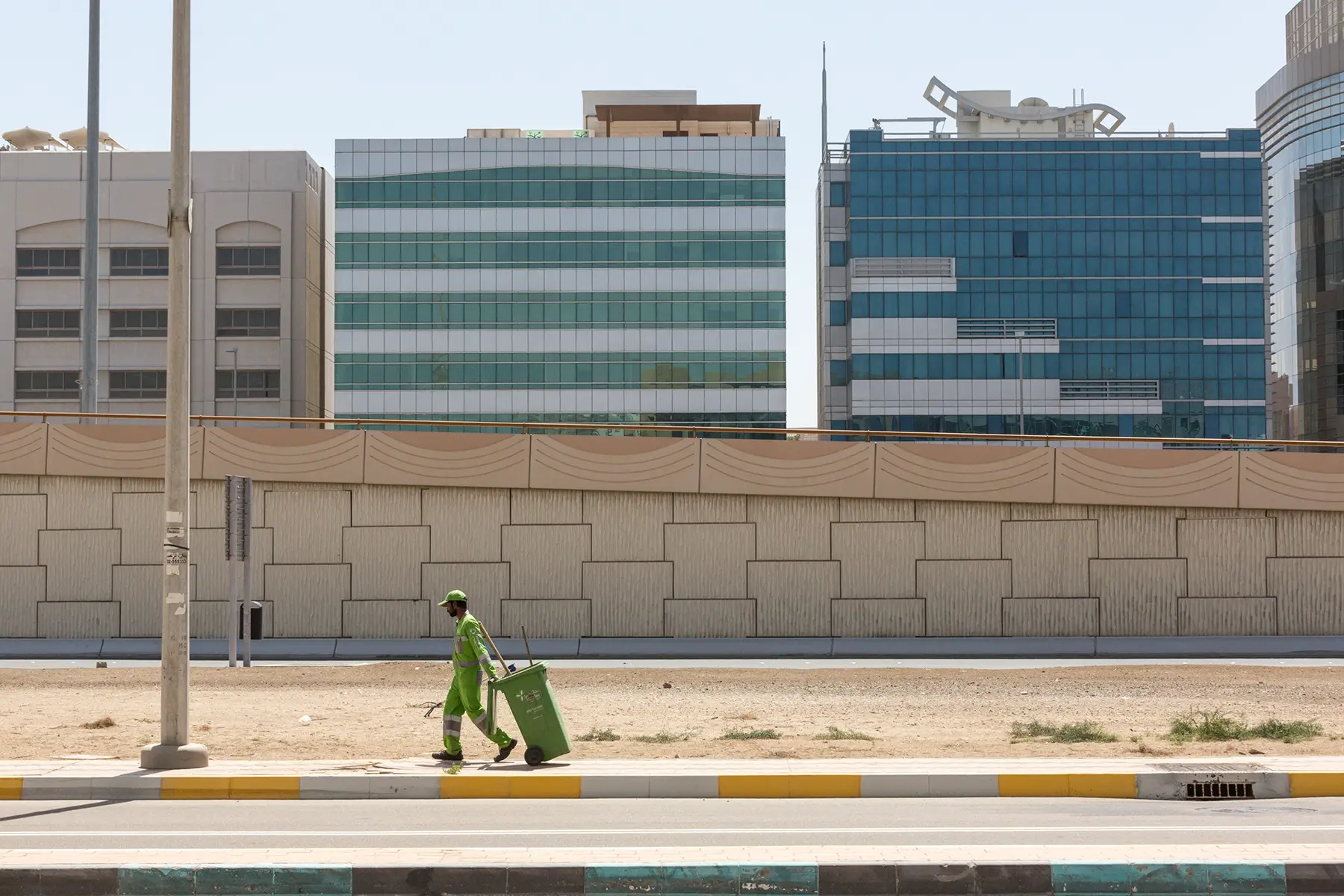
Recruitment and employment agencies cooperate in combating human trafficking, forced labor, and exploitation. The government has signed memoranda of understanding with:
- Armenia
- Australia
- Azerbaijan
- Bangladesh
- The Gambia
- India
- Indonesia
- Nepal
- Pakistan
- The Philippines
- Sierra Leone
- Thailand
- Uganda
- Vietnam
What to do if your rights are abused or restricted in the UAE
If you feel your rights have been abused or you have suffered discrimination in the UAE, there are a number of steps you can take. The Ministry for Tolerance and Coexistence has some information on rights and available processes. Citizens and residents can report human rights breaches to the UAE National Human Rights Institution.
Steps to report discrimination
The first step to report discrimination is to contact the police. Discrimination is unlawful across all seven emirates, so you can get in touch with the local police if you witness or experience it. Alternatively, government web pages provide a list of contact details for reporting it to the authorities.
You might also consider filing a lawsuit through the judiciary. For civil actions, the statute of limitations is generally three years. The Human Rights Office (PDF) of Abu Dhabi’s judicial department is another starting point for legal action. If you choose the lawsuit path, it is advisable to hire a lawyer as soon as possible, especially if you do not speak Arabic. People on low incomes can seek advice via the UAE’s legal aid system.
Legal procedures and the courts
Legal processes in the UAE can be time-consuming. All court proceedings are in Arabic, and a translator licensed by the Ministry of Justice must translate all non-Arabic court documents into the language. If you do not speak Arabic, it is useful to bring a speaker of it with you for all parts of the process. If you receive a document written in Arabic, always get a translation before signing.
There are three levels of court in the UAE. They are the Court of First Instance, the Court of Appeal, and the Court of Cassation. For breaches of federal law, the highest court of appeal is the Union Supreme Court, based in Abu Dhabi.
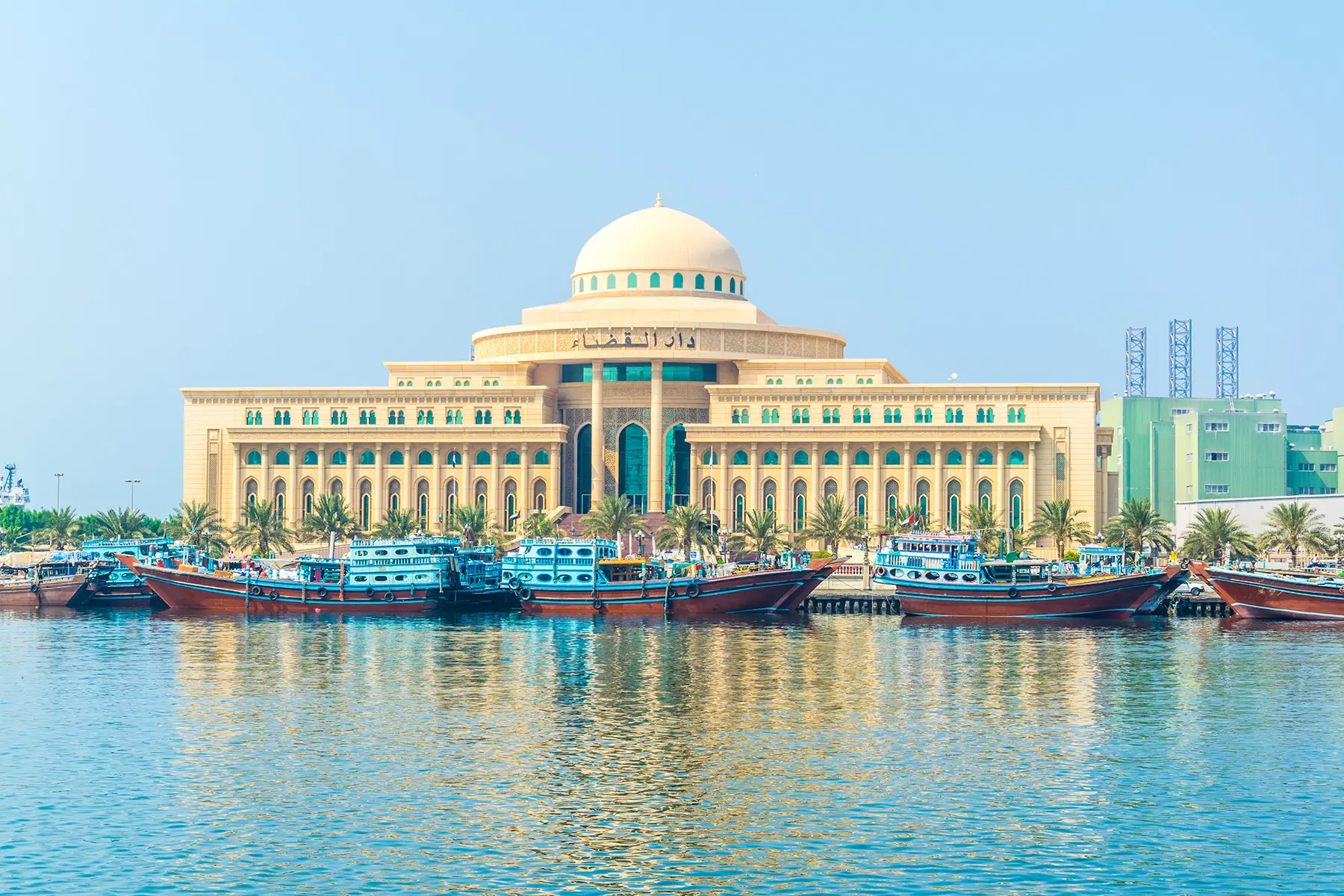
Contacting your country’s embassy, consulate, or high commission can also be useful, especially if you need translation services. If you are unhappy with the outcome of UAE court proceedings, the international options are limited. The United Nations International Commissions of Inquiry, Commissions on Human Rights, Fact-Finding Missions, and Other Investigations investigate serious violations of international humanitarian law and international human rights law. However, it can be difficult for individual cases to be heard at this level.
Human rights organizations in the UAE
The London-based Emirates Centre for Human Rights is an independent non-governmental organization that aims to defend human rights in the UAE. It works with the media, parliaments, and other relevant organizations outside the UAE to promote the pursuit of human rights and highlight abuses.
It can be difficult to establish human rights organizations in the UAE due to laws prohibiting criticism of the government. However, many international human rights organizations have publicized human rights breaches in the UAE. These include Human Rights Watch, Amnesty International, and the International Federation for Human Rights.
Useful resources
- Government of Dubai – directory of advocates and legal consultants
- Helpline Law – search for lawyers across the UAE
- Embassy pages – list of embassies in the UAE
- Dubai Foundation for Women and Children – provides protection and support services
- International Labor Organization – statistics and information on labor rights in the UAE
- United Nations High Commission of Refugees – news and information on refugee rights
